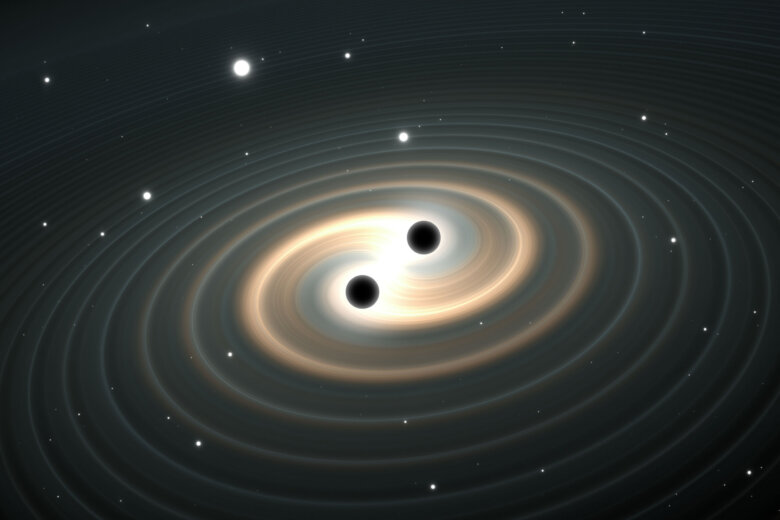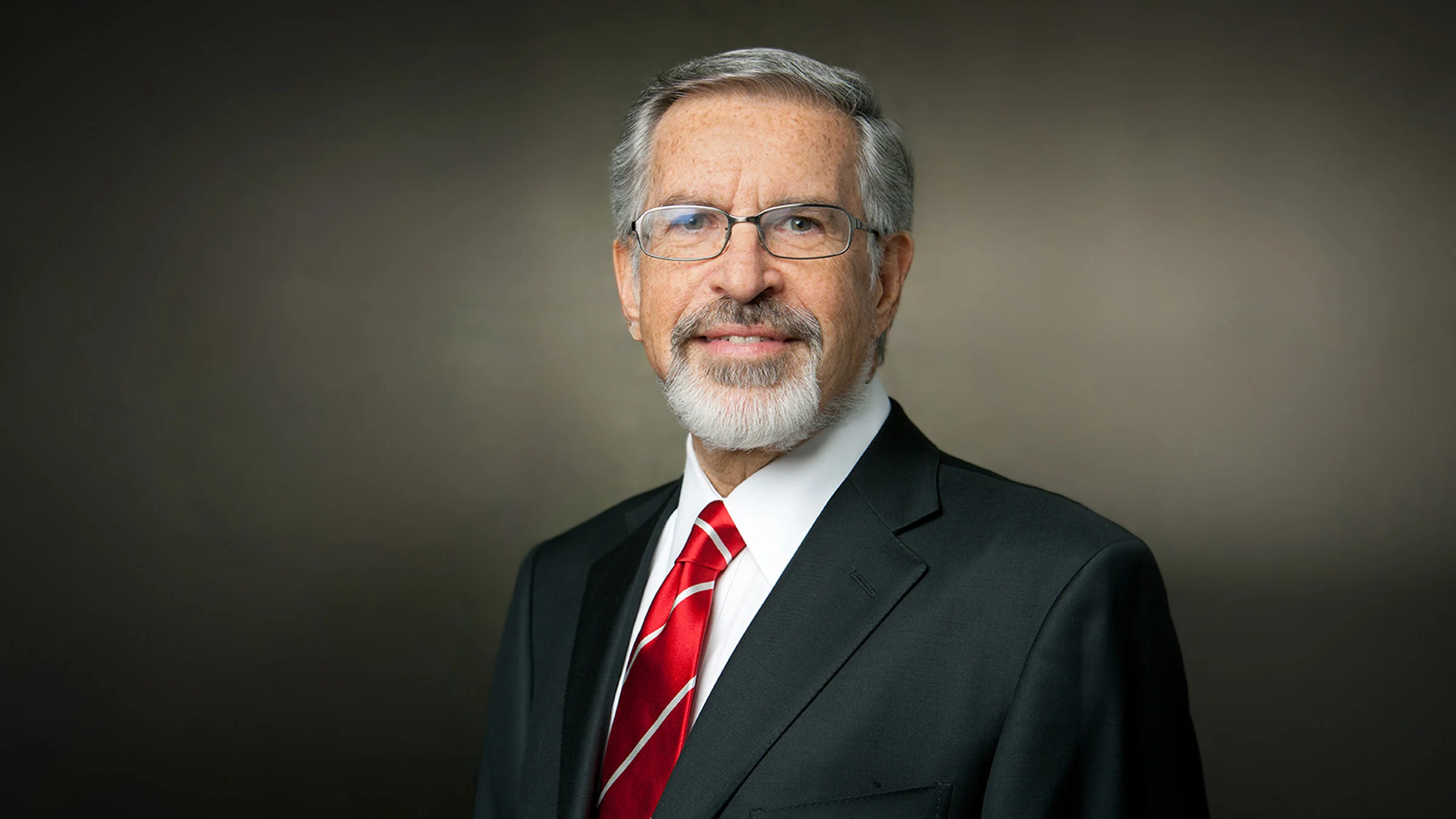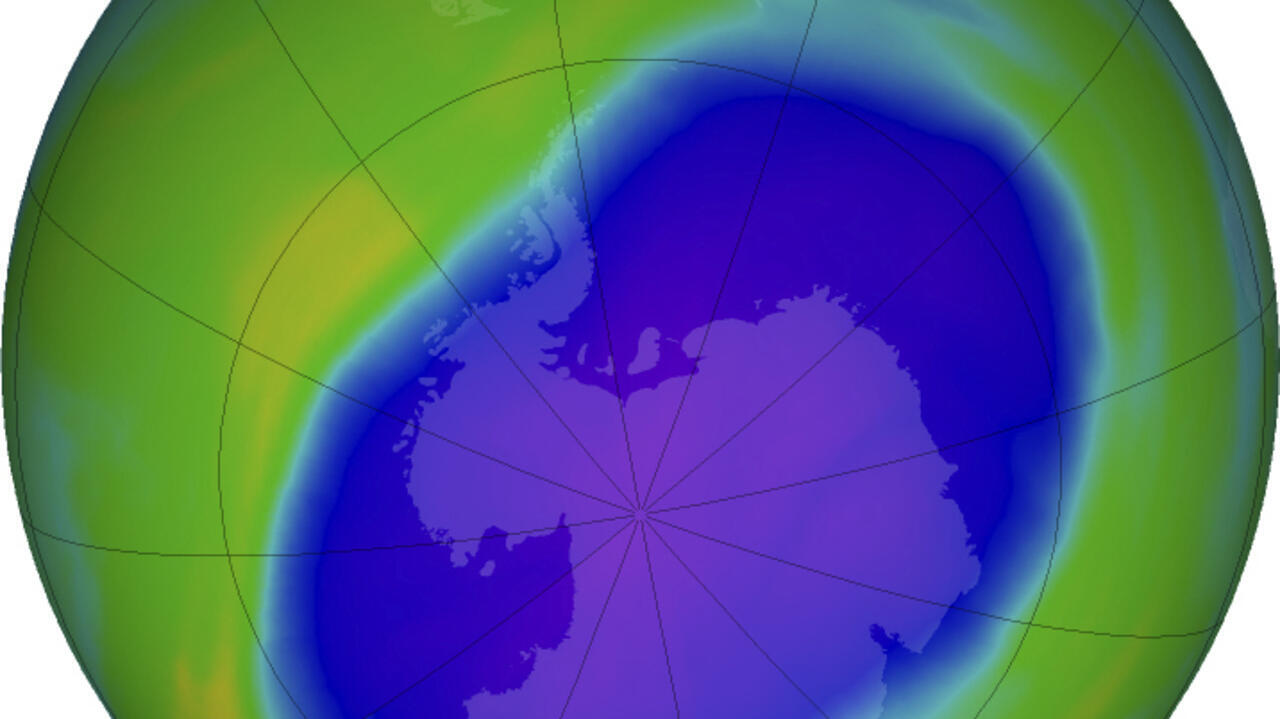
Hard to believe it has been 10 years since the first detection of gravitational waves.
Back then, on Sept. 14, 2015, at 5:51 a.m., it had been 100 years since Albert Einstein predicted gravitational waves in his “Theory of General Relativity” paper.
It amazes me how he did so with just paper, pencil and his intellect. I have been fortunate to report on and experience the people and places involved in gravitational waves. Next year, I plan on visiting LIGO Livingston in Louisiana to continue that trend.
It took months to verify the detection and the world learned of it when the official announcement was made on Feb. 11, 2016.
How far we have come in those 10 years.
We now have the technology in the form of multiple gravitational wave detection facilities across the globe, so many that such discoveries are a regular occurrence.
From the U.S. National Science Foundation Laser Interferometer Gravitational-wave Observatory:
“Today, LIGO, which consists of detectors in both Hanford, Washington and Livingston, Louisiana, now routinely observes roughly one black hole merger every three days. LIGO now operates in coordination with two international partners, the Virgo gravitational-wave detector in Italy and KAGRA in Japan. Together, the gravitational-wave-hunting network, known as the LVK (LIGO, Virgo, KAGRA), has captured a total of about 300 black hole mergers, some of which are confirmed while others await further analysis. During the network’s current science run, the fourth since the first run in 2015, the LVK has discovered more than 200 candidate black hole mergers, more than double the number caught in the first three runs.”
We even have a top 10 gravitational wave list now.
Scientists are pushing the further advancement of gravitational wave detection capabilities, and are looking to put a space-based detector — the Laser Interferometer Space Antenna — that would have a detection grid of a million miles long formed by each of the three spacecraft and their lasers. LISA would enable a whole new realm of detection.
Gravitational waves can tell us much about the universe, perhaps even about the very beginning of it. I’ll keep you apprised.
Follow Greg Redfern on his daily blog to keep up with the latest news in astronomy and space exploration.
Get breaking news and daily headlines delivered to your email inbox by signing up here.
© 2025 WTOP. All Rights Reserved. This website is not intended for users located within the European Economic Area.



